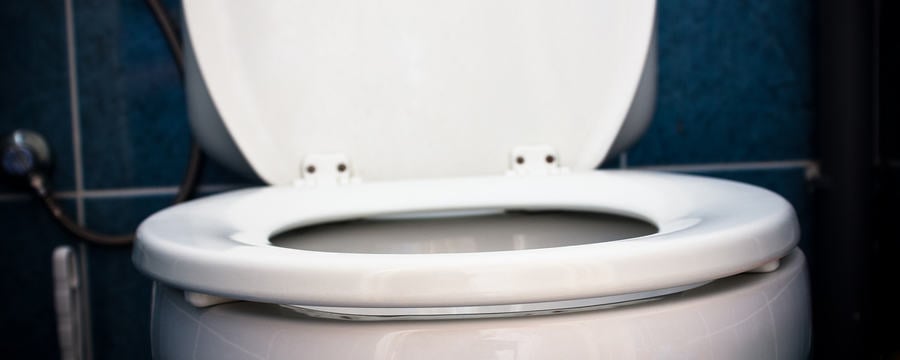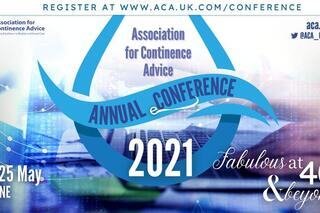Separating continence promotion from managing incontinence
Professor Jo Booth has developed the model below which separates interventions and activities that promote continence (treatment) from those which manage incontinence (containment). Figure 1.1: Separating treatment from containment. Key: …


